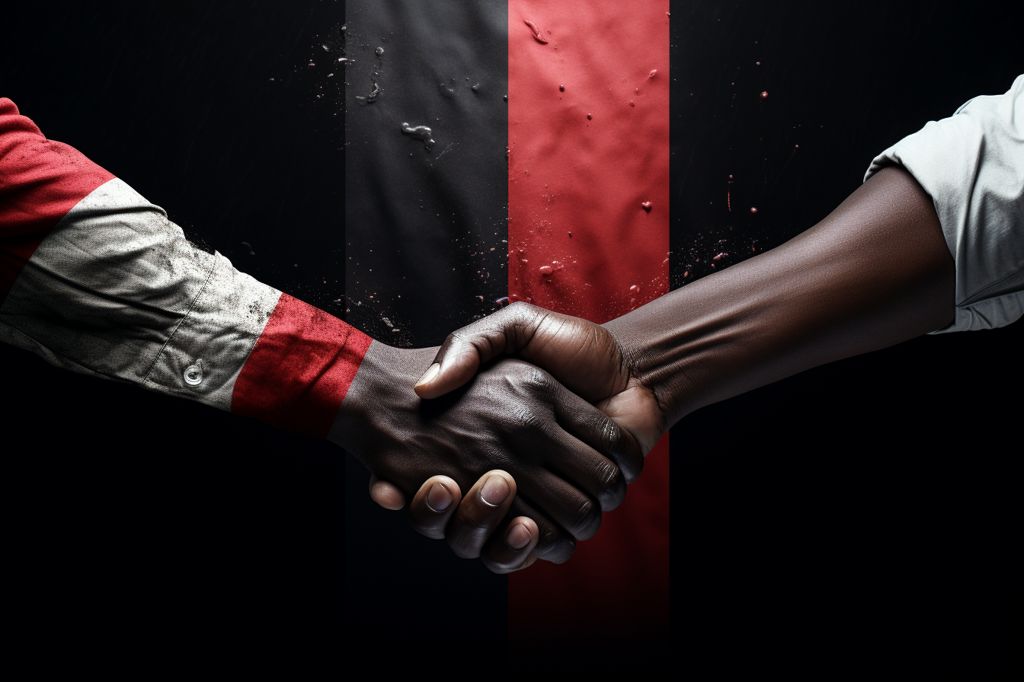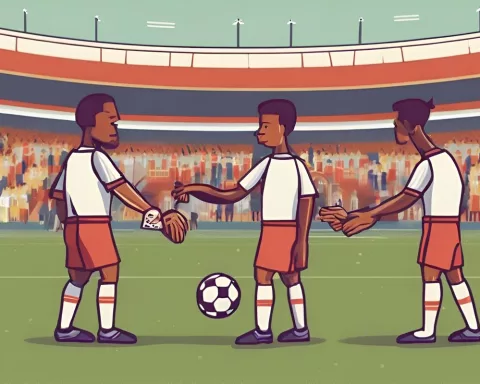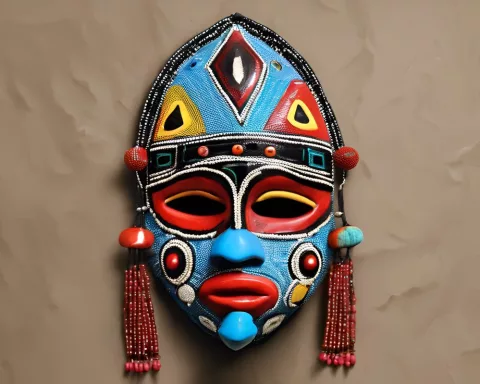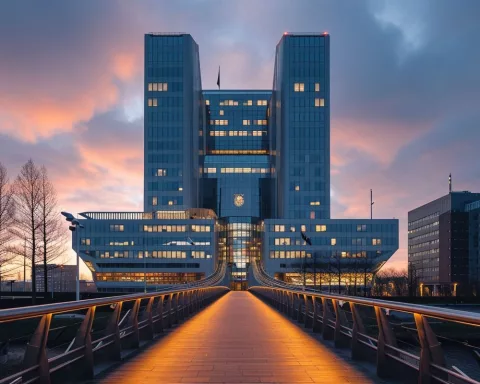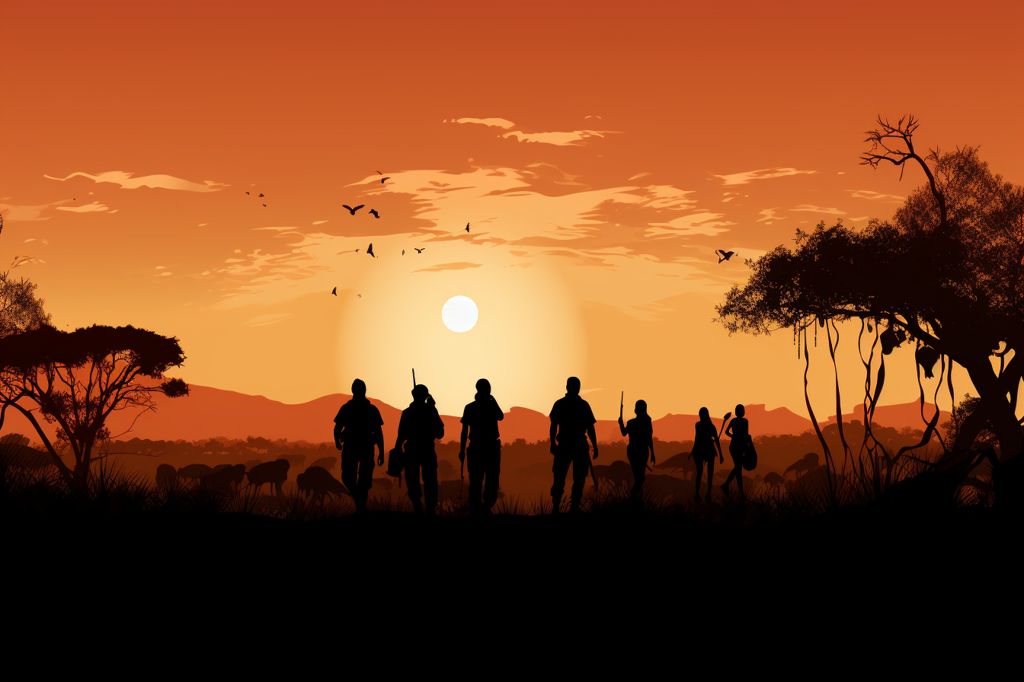The ongoing violent protests in Kenya have raised concerns for the safety of citizens and attracted the attention of the international community. President William Ruto has expressed his willingness to engage in dialogue with opposition leader Raila Odinga to find a resolution to the conflict.
Background to the Conflict
The conflict began in March, when Odinga started a series of protests, alleging that the government’s mismanagement had caused an economic crisis that disproportionately affects the poor. The protests have continued, with at least 20 people losing their lives during the ongoing unrest.
President Ruto’s Position
President Ruto has warned against violent demonstrations that endanger lives and property. At a church service in Kwale, he declared, “We will not negotiate about the safety of our country.” However, he has expressed his willingness to engage in dialogue to find a resolution to the conflict.
The Opposition’s Demands
The opposition Azimio alliance accuses the government of dishonesty, claiming it issued a “one-sided statement” that misrepresents their concerns even before the talks began. As a result, they maintain their right to protest if the government continues to ignore their demands. Their primary concerns include the rising cost of living, repealing a finance bill responsible for tax hikes, electoral reforms, an audit of the August 2022 election, and holding the police accountable for their brutality during the protests.
Negotiations and Possible Outcomes
Despite initial reluctance from Odinga to engage in talks without a third-party mediator, both sides ultimately agreed to form a 10-member committee with equal representation, thanks to former Nigerian president Olusegun Obasanjo’s intervention. Ruto has made it clear that he will not discuss economic policy with the opposition, but the true nature of the talks, their potential outcomes, and timeline remain uncertain.
History of Similar Conflicts
A similar situation occurred in 2017 when opposition protests followed Odinga’s election loss. The unrest persisted until 2018 when Odinga formed a surprise pact with former president Uhuru Kenyatta, an agreement now known as “the handshake.” With the formation of the 10-member committee between President Ruto and opposition leader Odinga, Kenyans hope that history will repeat itself, resulting in a peaceful resolution to the current crisis.

